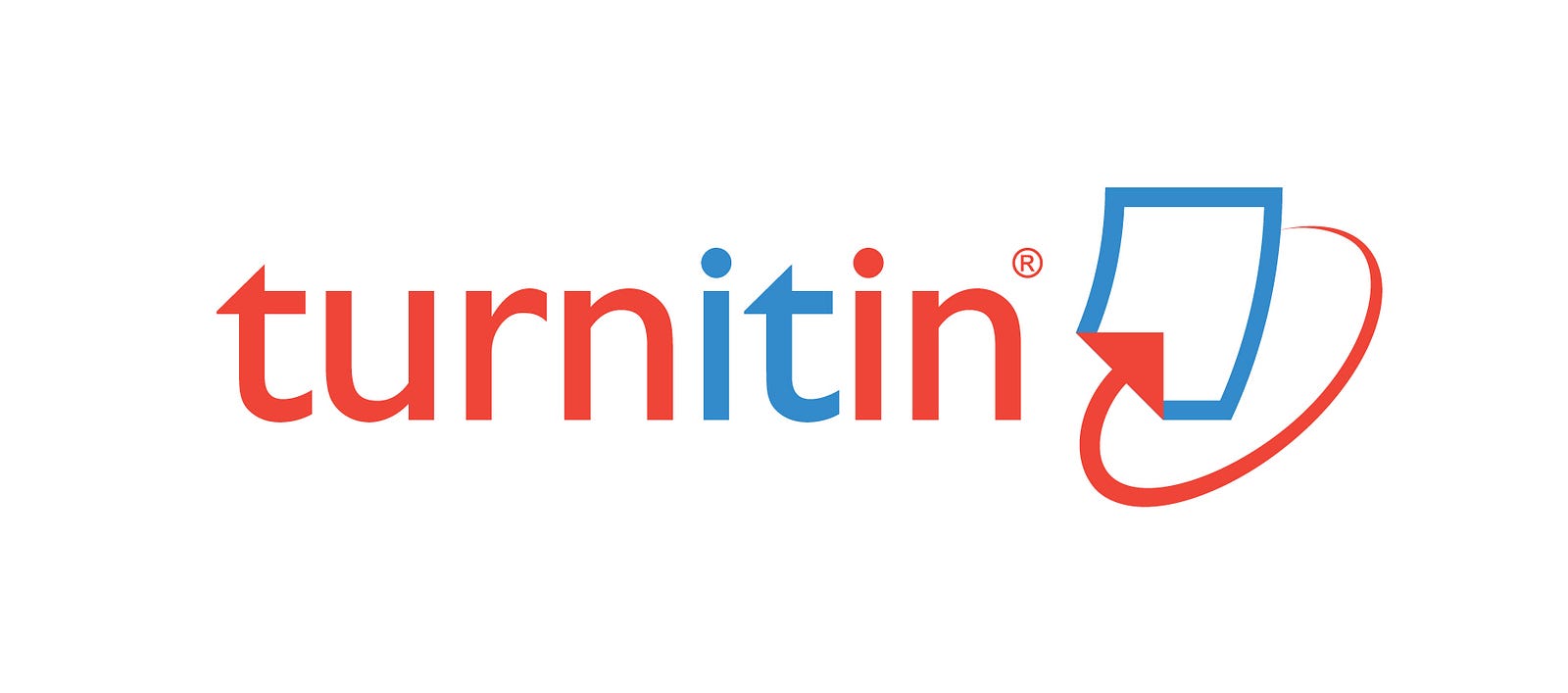Income expectations and subjective norms influence on students' entrepreneurial intention
Abstract
Abstrak: Penelitian ini bertujuan untuk menguji pengaruh: (1) ekspektasi pendapatan terhadap intensi berwirausaha; (2) norma subjektif terhadap intensi berwirausaha; (3) pengaruh simultan ekspektasi pendapatan dan norma subjektif terhadap intensi berwirausaha mahasiswa Program Studi Pendidikan Administrasi Perkantoran FKIP UNS Angkatan 2021-2022. Penelitian ini menggunakan pendekatan kuantitatif metode kausalitas. Populasi 180 mahasiswa, sampel dihitung menggunakan rumus slovin margin erorr 5% yakni 124 mahasiswa. Teknik pengambilan sampel menggunakan proportionate stratified random sampling. Teknik pengumpulan data menggunakan kuesioner. Teknik analisis data menggunakan analisis regresi linear berganda dengan bantuan IBM SPSS Statistics 26. Hasil penelitian menunjukkan bahwa (1) terdapat pengaruh positif signifikan secara parsial ekspektasi pendapatan terhadap intensi berwirausaha mahasiswa PAP, dibuktikan dengan thitung>ttabel (3,965>1,197) dengan taraf signifikansi 0,000<0,05; (2) terdapat pengaruh positif signifikan secara parsial ekspektasi pendapatan terhadap intensi berwirausaha mahasiswa PAP, dibuktikan dengan thitung>ttabel (7,222>1,979) dengan taraf signifikansi 0,000<0,05; (3) terdapat pengaruh positif signifikan secara simultan ekspektasi pendapatan dan norma subjektif terhadap intensi berwirausaha mahasiswa PAP, dibuktikan dengan Fhitung>Ftabel (74,137>3,07) dengan taraf signifikansi 0,000<0,05. Persamaan regresinya yakni Ŷ= 3,653 + 0,625X1 + 0,755X2 dengan R2 55,1%. Sumbangan efektif X1 terhadap Y sebesar 17,5%; Sumbangan efektif X2 terhadap Y sebesar 37,6%; Sumbangan relatif X1 terhadap Y sebesar 32%; Sumbangan relatif X2 terhadap Y sebesar 68%.
Kata kunci: harapan akan pendapatan; niat berwirausaha; persepsi sosial; teori perilaku terencana
Abstract: This research examines the influence of: (1) income expectations on entrepreneurial intentions, (2) subjective norms on entrepreneurial intentions, and (3) the simultaneous influence of income expectations and subjective norms on entrepreneurial intentions among students of the Office Administration Education Study Program FKIP UNS Class of 2021-2022. The research employed a quantitative approach using a causality method. The population comprised 180 students, with the sample calculated using the Slovin formula with a 5% margin of error, resulting in 124 students. The sampling technique used proportionate stratified random sampling. Data collection employed questionnaires, and data analysis utilized multiple linear regression analysis with IBM SPSS Statistics 26. Results showed that: (1) income expectations had a partially significant positive influence on PAP students' entrepreneurial intention, evidenced by tcalculated > ttable (3.965 > 1.979) with a significance value of p < .001; (2) subjective norms had a partially significant positive influence on PAP students' entrepreneurial intentions, evidenced by tcalculated > ttable (7.222 > 1.979) with a significance value of p < .001; (3) income expectations and subjective norms had a simultaneously significant positive influence on PAP students' entrepreneurial intentions, evidenced by Fcalculated > Ftable (74.137 > 3.07) with a significance level of p < .001. The regression equation was Ŷ = 3.653 + 0.625X₁ + 0.755X₂ with R² = 55.1%. The effective contribution of X₁ to Y was 17.5%, and the effective contribution of X₂ to Y was 37.6%. The relative contribution of X₁ to Y was 32%, and the relative contribution of X₂ to Y was 68%.
Keywords: entrepreneurial intentions; income expectations; social perception; theory of planned behavior
Keywords
Full Text:
PDFReferences
Ajzen, I., & Fishbein, M. (2005). The influence of attitudes on behavior. [Book title missing], 173-221. Lawrence Erlbaum Associates Publishers.
Alfan, M., & Andriansyah, E. H. (2022). Impact of income expectations, family environment on entrepreneurial interests with self-efficacy as an intervening variable. Prisma Sains: Jurnal Pengkajian Ilmu dan Pembelajaran Matematika Dan IPA IKIP Mataram, 10(3), 598. https://doi.org/10.33394/j-ps.v10i3.5218
Amelia, R. W., & Sulistyowatie, S. L. (2022). Analisis theory of planned behavior terhadap niat berwirausaha mahasiswa Universitas Widya Dharma Klaten. Jurnal Akuntansi, 14(1), 35-44. https://dx.doi.org/10.28932/jam.v14i1.3997
Badan Pusat Statistik. (2023). Presentase jumlah wirausahawan di Indonesia.
Choirunnisya, M., Sumiati, A., & Susanti, S. (2021). Pengaruh sikap, self-efficacy, dan norma subjektif terhadap intensi berwirausaha siswa SMKN 16 Jakarta. Jurnal Syntax Imperatif: Jurnal Ilmu Sosial dan Pendidikan, 2(4), 281. https://doi.org/10.36418/syntax-imperatif.v2i4.86
Fajriyah, T. W., Wibowo, A., & Marsofiyati. (2023). Pengaruh pendidikan kewirausahaan, ekspektasi pendapatan, dan sikap berwirausaha terhadap intensi berwirausaha. Jurnal Ekonomi, Manajemen Dan Akuntansi, 2(3), 181-195.
Fauzan, F. M., Eriyanto, H., & Fadillah, N. (2024). Pengaruh norma subjektif dan efikasi diri terhadap intensi berwirausaha mahasiswa Pendidikan Administrasi Perkantoran Fakultas Ekonomi Universitas Negeri Jakarta. Jurnal Ekonomi, Manajemen, dan Akuntansi, 2(5), 42-50.
Firmansyah, A., & Roosmawarni, A. (2019). Kewirausahaan (dasar dan konsep). Penerbit Qiara Media.
Gultom, J. R., Setyawan, I., & Laksono, R. (2024). The influence of adversity intelligence, entrepreneurial education, and income expectation on entrepreneurial intention with self-efficacy as mediation. Management Studies and Entrepreneurship Journal, 5(2), 4771-4786.
Hasanah, U. U., & Setiaji, K. (2019). Pengaruh literasi digital, efikasi diri, lingkungan terhadap intensi berwirausaha mahasiswa dalam e-business. Economic Education Analysis Journal, 2(1), 1-18. https://doi.org/10.15294/eeaj.v13i2.17051
Hutama, R., Achsa, A., & Ikhwan, K. (2024). Pengaruh kecenderungan mengambil resiko, ekspektasi pendapatan, dan kecerdasan adversitas terhadap intensi berwirausaha. Jurnal Pelita Manajemen, 3(1), 91-98.
Jonathan, R., & Handoyo, S. E. (2023). Pengaruh ekspektasi pendapatan dan pendidikan kewirausahaan melalui motivasi berwirausaha terhadap niat berwirausaha. Jurnal Manajerial dan Kewirausahaan, 5(3), 722-731. https://doi.org/10.24912/jmk.v5i3.25413
Rosmiati, R., Siregar, N., & Efni, N. (2022). Pola pikir kewirausahaan. Edukatif: Jurnal Ilmu Pendidikan, 4(4), 5668-5673. https://doi.org/10.31004/edukatif.v4i4.3152
Situmorang, L., Agma, A. A., & Berutu, E. P. (2021). Pengaruh penggunaan e-commerce, efikasi diri dan ekspektasi pendapatan terhadap entrepreneurial intention. Konferensi Nasional Sosial Dan Engineering Politeknik Negeri Medan, 2(1), 598-606.
Tentama, F., Jiamsari, R., Efliyulia, L., & Qodrati, S. L. (2019). Students' entrepreneurial intention viewed from subjective norms and hardiness in vocational high schools in Yogyakarta. International Journal of Scientific and Technology Research, 8(12), 2820-2824.
Vernia, D. M. (2018). Faktor-faktor yang mempengaruhi intensi berwirausaha siswa kelas XI SMK Mitra Bakti Husada Bekasi. Jurnal Pendidikan, 9(2), 105-115.
Yusvan, A. M., Sabara, A. R., Yasir, A., Rano, J. A., & Yusril, B. (2024). Pengaruh sikap, norma subjektif dan kontrol perilaku terhadap intensi berwirausaha pada mahasiswa kesehatan Universitas Almarisah. Jurnal Manajemen dan Administrasi Antartika, 1(3), 83-88. https://doi.org/10.70052/juma.v1i3.461
Refbacks
- There are currently no refbacks.









